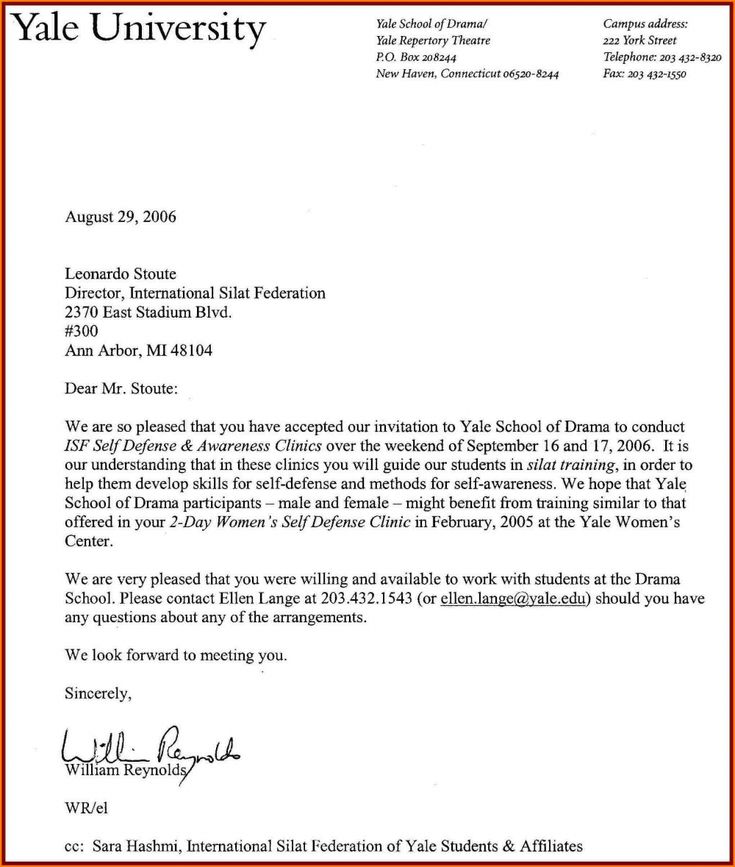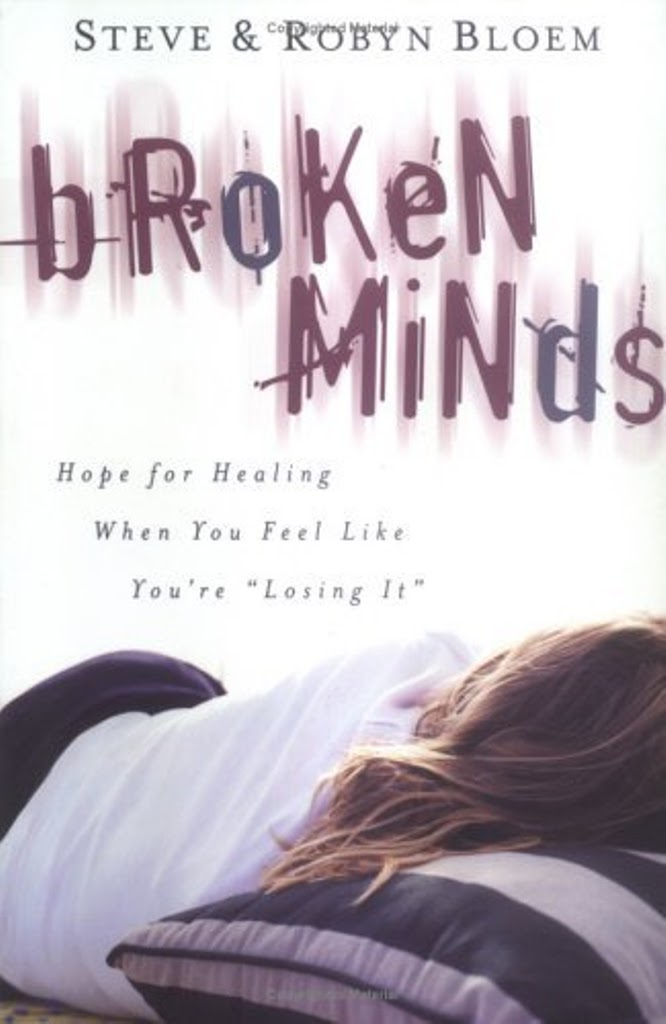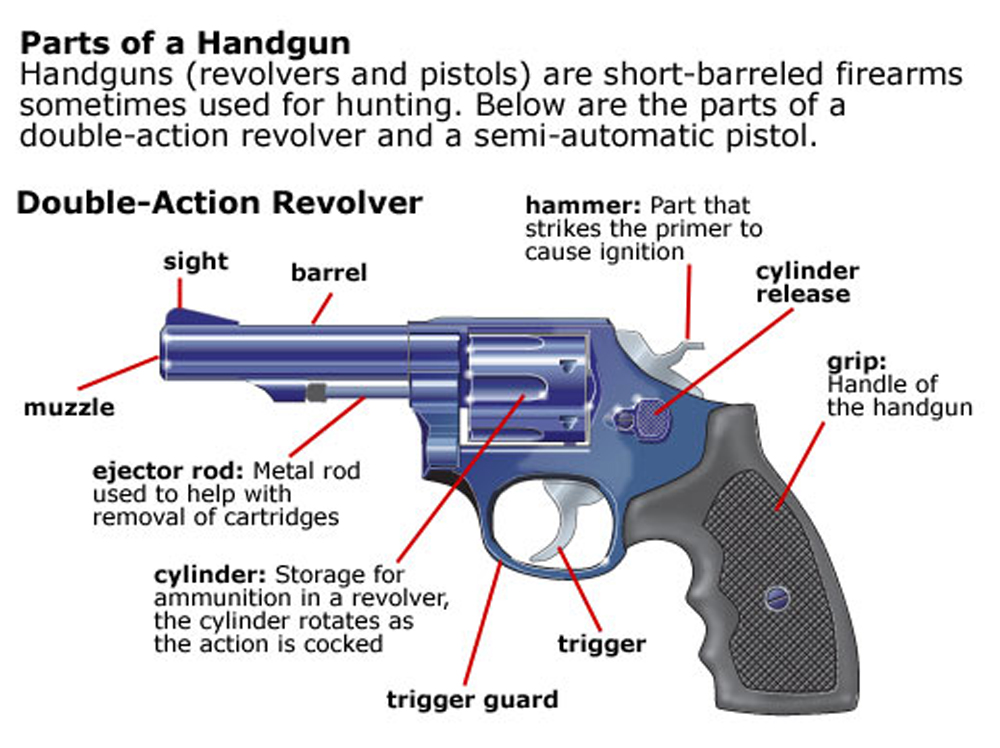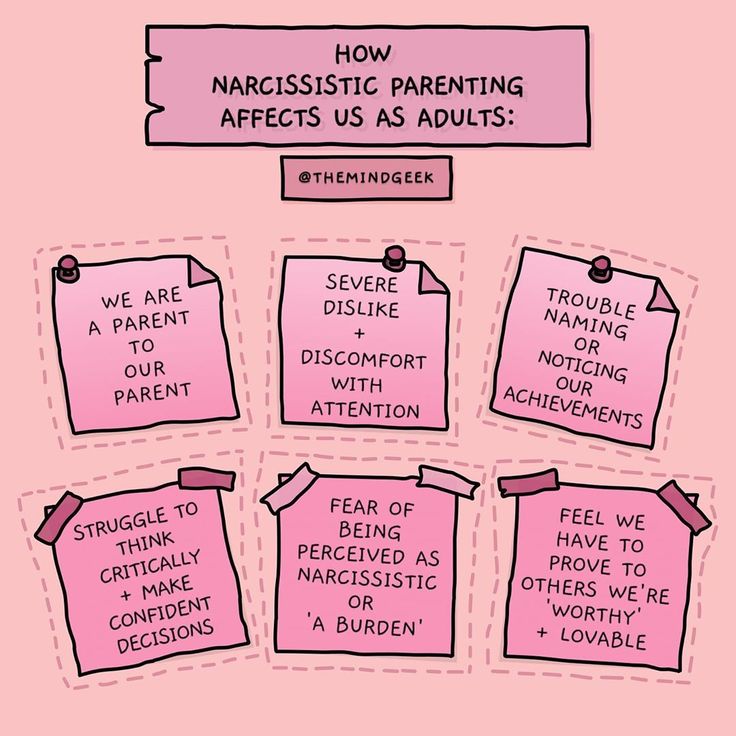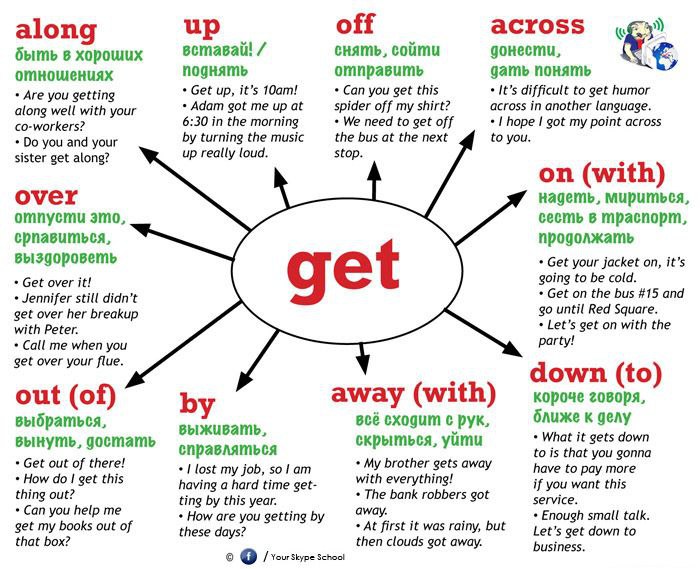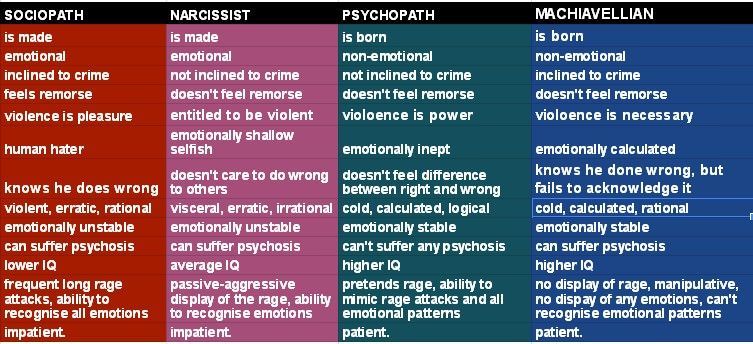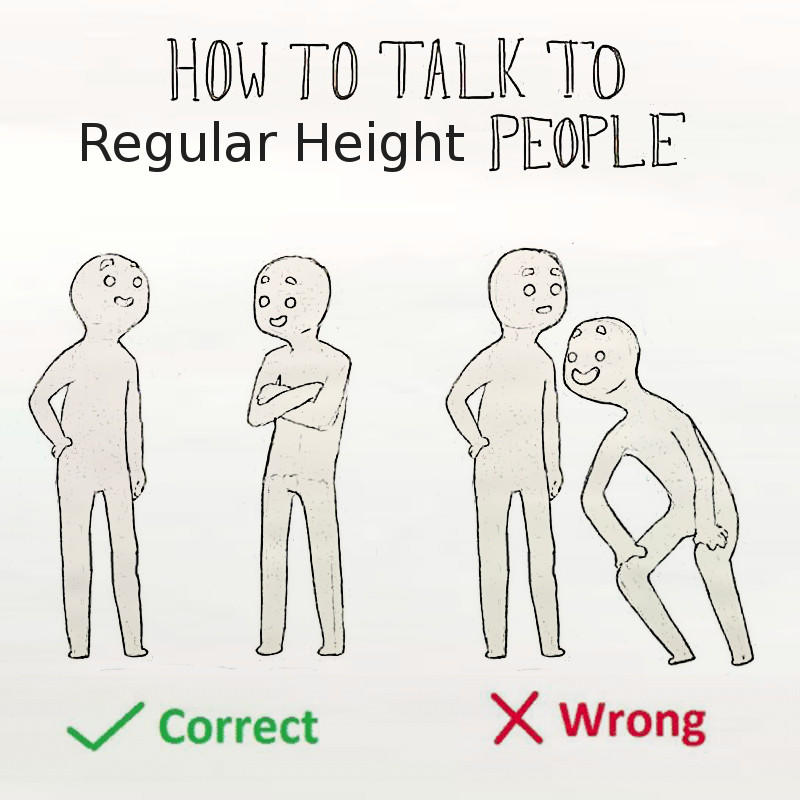Codependency is not love
Love or Codependency - How to Tell
Love or Codependency: How to Tell the Difference?
All around you, you hear the words “true love” and “soul mate” thrown around. There’s a common belief that you can only be truly happy if you find the right person to complete you, that love is a powerful drug you can’t escape. But is an intense, all-consuming relationship truly love or is it something else? You may have heard the word codependency but don’t know what it means. How can you tell if your relationship is healthy or you’ve got what is sometimes called love addiction?
What is Codependency?
The Diagnostic and Statistical Manual of Mental Disorders (DSM) is an authoritative guide that healthcare professionals use to diagnose mental illness. But the DSM does not recognize codependency as a distinct personality disorder. The term codependency originated from drug and alcohol addiction, and it has various, sometimes vague definitions.
The simplest explanation is that codependency is seeking love based on feelings of insecurity or inadequacy. A codependent person looks to their partner to repair their self-esteem, alleviate their pain, and complete their inner emptiness. What ends up happening is that the partner cannot be the person they are. Instead, they are forced to fulfill a role the codependent person has chosen for them, i.e., to provide unconditional love and security. Yet, there is never enough love. The codependent person keeps working to try and please their partner to ensure they get the love they crave. It becomes a self-perpetuating habit with obsessive thoughts and compulsive behaviors. That’s why codependency is also sometimes called relationship addiction or love addiction.
Stages of Love Addiction
The early stage of love addiction is very similar to any romantic relationship, but there is an unusual amount of attention on the partner and a burning desire to please him or her. This gradually progresses into an obsession where the codependent person begins to rationalize problematic behavior in their partner.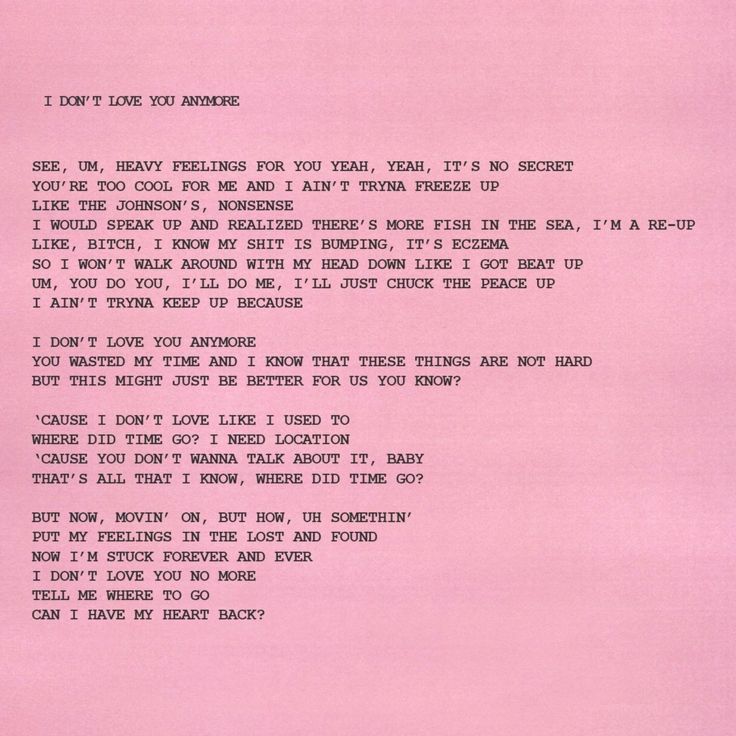 Healthy boundaries begin to get blurred. The codependent person may withdraw from friends and give up previously enjoyed activities to focus on their partner.
Healthy boundaries begin to get blurred. The codependent person may withdraw from friends and give up previously enjoyed activities to focus on their partner.
The middle stage of codependency is characterized by increasing efforts to overlook problematic aspects of the relationship. There are growing feelings of anxiety, self-blame, and guilt in the codependent person. Self-esteem starts to plummet and the person begins making compromises to maintain the relationship. All this while, resentment, anger, and disappointment grow as the love addicted person tries to (unsuccessfully) change their partner with manipulation, nagging, and blaming. During this stage, a codependent person may use addictive substances or behaviors to cope.
In the late stage of codependency, the emotions begin to take a toll on physical health. Codependent people can suffer from a variety of stress-related disorders, such as headaches, sleep problems, digestive issues, eating disorders, sciatica, allergies, and TMJ. Addictions and obsessive-compulsive behaviors take a stronger hold. Feelings of anger, despair, and hopelessness grow.
Addictions and obsessive-compulsive behaviors take a stronger hold. Feelings of anger, despair, and hopelessness grow.
Key Differences Between Love and Codependency
How can you tell the difference between healthy love and codependency? Most people experience a surge of emotions when they first fall in love with someone. However, in healthy relationships, this initial euphoria settles down into more of calm content.
With love addiction, the relationship is rooted in feelings of insecurity and low self-esteem. The result is that a codependent person loses a sense of themselves and focuses completely on the needs of their partner.
Love Addiction Can Be Destructive
You might argue that a certain amount of codependency is healthy. After all, isn’t being in love all about putting your partner first? And isn’t the whole point of being in a relationship knowing you have someone by your side? So what if you’re not completely independent anymore?
The destructiveness of love addiction begins when there are elements of lack of self-esteem and fear of rejection. In a healthy relationship, there is self-assurance and trust. You revel in your partner’s love but there is not a need to feel accepted or loved all the time.
In a healthy relationship, there is self-assurance and trust. You revel in your partner’s love but there is not a need to feel accepted or loved all the time.
Do you have a loved one struggling with addiction?
We know how hard that can be. Give us a call to find out what options you have.
+18442884672
Someone is standing by 24/7 to help you
It’s important to note that relationships are not black and white. People in codependent relationships do experience some benefits, but these benefits are usually short-lived and overtaken by feelings of insecurity.
Strategies to Overcome Codependency
If you suspect you are in a codependent relationship, there are steps you can take to break the unhealthy cycle.
Don’t be a people pleaser. Understand that you cannot please everyone all the time. It’s okay for your partner to be disappointed or upset with you occasionally.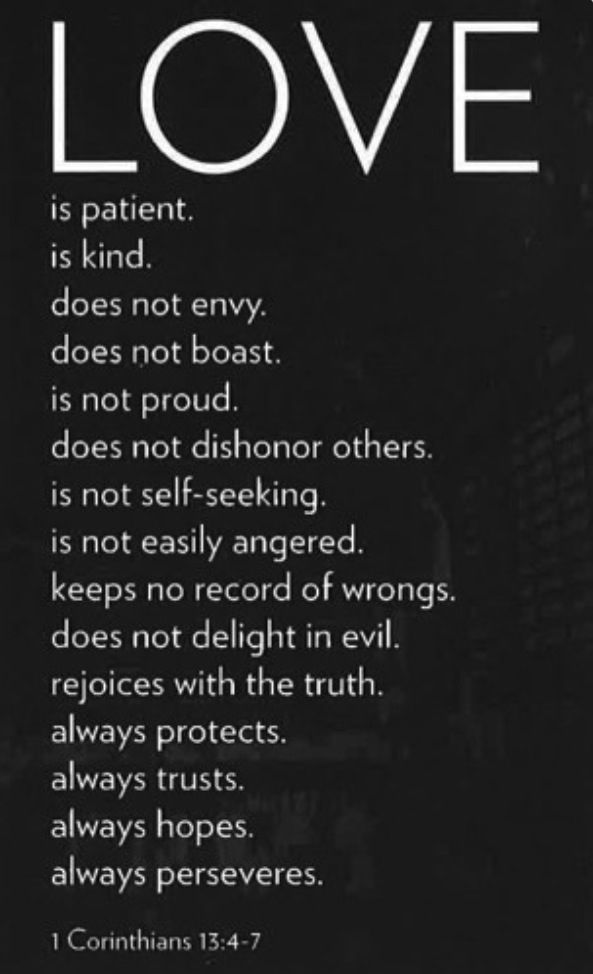 Don’t feel guilty if you can’t always be there for your loved one. Put yourself first sometimes.
Don’t feel guilty if you can’t always be there for your loved one. Put yourself first sometimes.
Own your happiness . Your happiness shouldn’t depend on whether your partner is happy or not. Arguments are healthy in a relationship. When you disagree, walk away first. Let the dust settle and then discuss the problem rationally.
Love yourself first. The biggest issue with codependency is focusing too much on your partner. Yet, you cannot be a good partner to your loved one if you don’t love yourself first. Spend time with family and friends, adopt a hobby, embrace yourself. Don’t make your partner the center of your universe.
Beware of abusive behavior. People with love addiction often put up with all kinds of unhealthy behaviors, such as cheating or physical or verbal abuse by their partner. Codependent individuals convince themselves they can change their partner. It’s important to know you can walk away or get support if you are in an abusive relationship.
Get professional help. A therapist can help you understand your relationship and navigate your way out of codependency. There is no shame in seeking help. Don’t let a real or perceived stigma against therapy destroy your relationship.
Codependency is not true love. It is a love addiction that can destroy your relationship and destroy you as a person. By becoming aware of the pitfalls of codependency, you’ve already taken the first step towards a healthy relationship with your partner. Now all you have to do is get the help you need if you recognize love addiction in your relationship.
Is It Love, or Codependency?
The idea of falling in love and getting lost in the heart of another is romantic. Isn’t that what love is? Becoming so enthralled in another person that you become one? Isn’t that what the Bible teaches? Not exactly. Losing yourself in another is not love. It may appear to be love, but love allows individuals to coexist in interdependence, mutual choosing to be there and support one another. Losing yourself in another blurs the line between who you are and who they are. Where do your desires end and theirs begin? That is not love, it is codependency.
Losing yourself in another blurs the line between who you are and who they are. Where do your desires end and theirs begin? That is not love, it is codependency.
Codependency is when you become dependent on another person in your life for meaning, purpose, and validation. You are no longer able to function as a whole person without another’s presence and affirmation. You have become bound or have chosen to bind yourself to them.
While the closeness and intimacy you share may appear to be love, it’s a false love. Love requires a choice. The choice to love one person and not another. And that doesn’t mean choice as in options.
Like us if you are enjoying this content.
Even in an arranged marriage, you are given the choice to either love that person or simply participate in a marriage relationship. While you may be forced to marry someone, you cannot be forced to love someone because the very aspect of choice is necessary for you to love.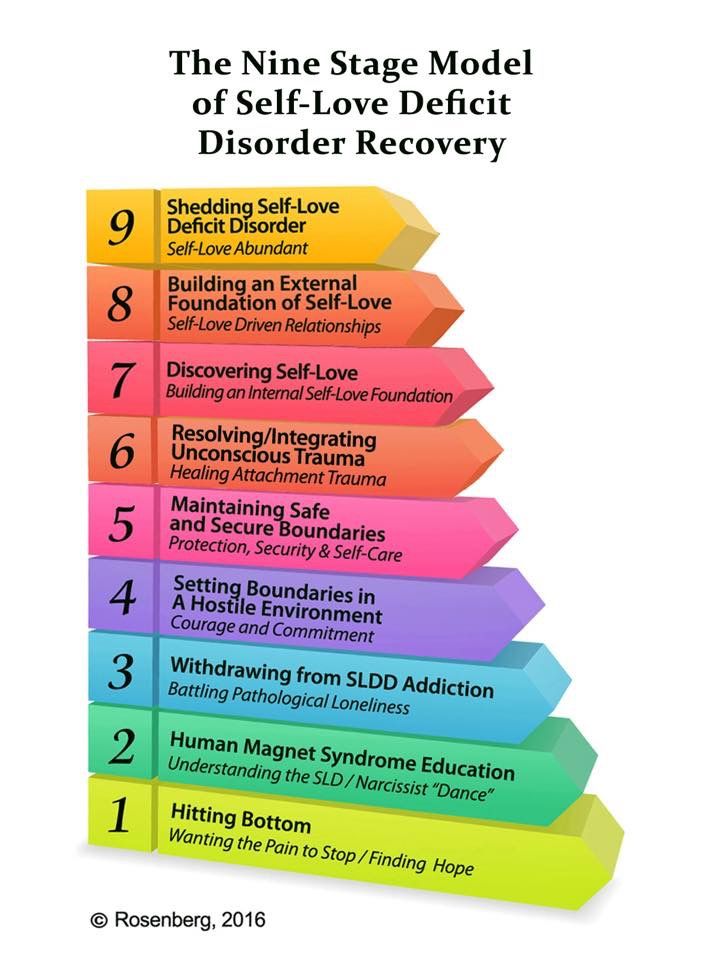
And this is why a true sense of love cannot exist in a codependent relationship because the element of choice has been removed from the equation. You are bound by a mutual dependence on one another. You can begin to self-diagnose your relationship by looking for signs of codependency.
However, note that to achieve a proper diagnosis you will need to meet with a professional counselor. But looking for the signs of codependency is a good place to start if the idea of this issue is ringing some bells.
Common Codependency Symptoms
It’s more about them than you. Or more about you than them.
One of the hallmark symptoms of codependency is when the relationship becomes lopsided. One person starts to do all of the caring and sharing and the other person is catered to.
As the subservient participant gives more and more of their time and effort, they give more and more of themselves away. Slowly but surely, they lose their own desire and sense of self as it is buried underneath the needs and desires of another.
Simple terms to define these roles are “givers” and “takers.” Givers are usually people operating out of some sort of fear or insecurity. Their anxiety surrounding the relationship pushes them to give up and give in to keep the relationship stable and ongoing.
Takers are usually emotionally immature individuals satisfied with receiving without needing to give anything of their own. Or these may be individuals suffering from an addiction making them completely preoccupied with their own addictive desires and leaving no space to care for other people’s concerns.
This sort of codependent behavior creates a recurring pattern of the giver giving too much in order to make up for the taker, and the taker taking too much because they don’t want to wake up and face the consequences of their own choices.
Regardless of the specifics, love ceases to exist in these relationships because they are no longer bound by a mutual choice to love one another and have instead become bound by their need of one another to comfort their own extreme insecurities.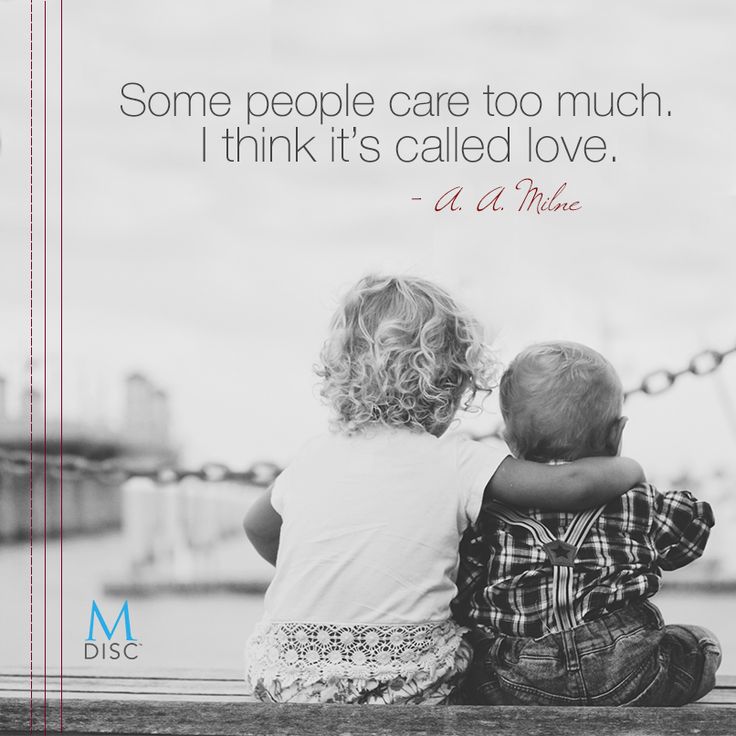
Watch for addictions
Addictions are actually where the first concept of codependency originated. It was a term used to describe the spouses of alcoholics who covered up for and supported their significant others despite the great pain and severe consequences caused by their partners’ actions.
It was the language for psychologists to explain how addiction can drag other people in the family unit into the pit with them. The term is now used in a much broader sense than just relating to alcoholism.
But the connection to alcoholism makes sense because if codependency is the idea of being overly concerned with another person to the detriment of yourself and your family, then taking care of an alcoholic is the breeding ground for codependent relationships. When you love someone struggling with an addiction, it’s tempting to give them a pass or ignore their behavior because the alternative of facing the problem is so painful and difficult.
As people choose to ignore the issues, continuing to remain blind to their deep problems, and choosing to cover up for their partner, then codependency naturally arises. And as the charade goes on for longer and longer, the supportive partner puts more and more at stake because they’ve chosen to facilitate the addiction. So be very watchful for the signs of codependency if you or your partner wrestle with any level of addiction.
An inability to see your partner clearly
Certainly, we should all be proud of who we marry. However, if we are blind to the flaws of our spouse then we have a problem because everyone has flaws. So, thinking too highly of your partner is a symptom of codependency you can watch for.
Again, not being able to see their flaws may sound romantic, but as their spouse, it is your role to be the one who sees all of them and hold them accountable for their actions. No one else will see as much of your spouse as you do – the good and the bad.
You are called to be the gentle truth-teller who lovingly shows them their worst and best moments. This is part of the beauty of interdependence – accountability unmatched in any other relationship.
However, codependency blinds you to this accountability. This may seem nicer and easier, but all this codependent behavior does is prevent your partner from growing. If you won’t be there to reflect their flaws in a loving way, likely no one else will.
You may feel unable to because reflecting their flaws will put you at risk of them “leaving,” but that is an unreasonable and unfair response from your partner. Having difficult discussions about your behavior is a part of relationships and life. Hiding from those talks only perpetuates an unhealthy dynamic in your relationship or marriage.
Unique callings in our unity
From a biblical perspective, some may argue that marriage makes two people one. Therefore, codependency, or mutual need, is justifiable.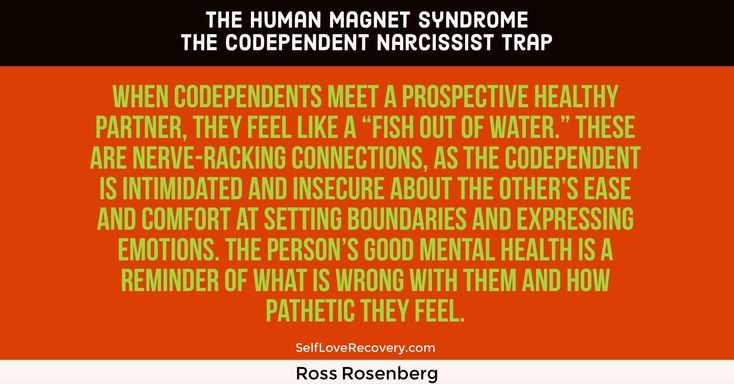 But that’s not a biblical understanding of oneness.
But that’s not a biblical understanding of oneness.
Biblical oneness does not reduce individuals to less than they were (i.e. – totally dependent on another human) but instead elevates you to a deeper level of connection (interdependence, choosing to love and support your partner). This is seen in the Trinity, where God eternally exists in three persons that are one in essence.
Each human being is given a specific calling by God to be who they are and do what he is calling them to do. Codependency reduces that by limiting what a couple is capable of due to their need for one another. Marriage, on the other hand, elevates that calling by providing the couple a mutual strength and deep reserve of love to pursue their calling.
Conclusion
A codependent relationship can look like love, but it isn’t. Love is predicated on choice, the choice to support and care for another. If you are dependent on another person for your emotional security and welfare, then the relationship is no longer based on love.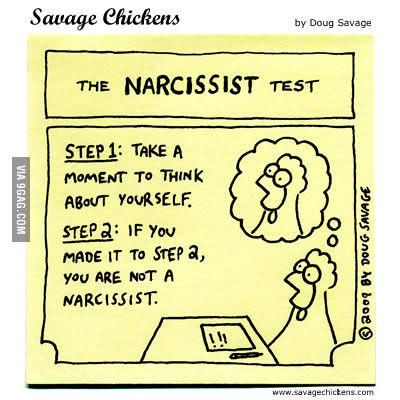 Instead, it is based on need. Don’t settle for the false love of codependency. Pursue the true and real love Jesus hoped for us to have!
Instead, it is based on need. Don’t settle for the false love of codependency. Pursue the true and real love Jesus hoped for us to have!
Photos:
“Romantic Young Couple”, Courtesy of Vanessa Garcia, Pexels.com, CC0 License; “Holding Hands”, Courtesy of Marcus Aurelius, Pexels.com, CC0 License; “Shattered Dreams”, Courtesy of RODNAE Productions, Pexels.com, CC0 License; “Broken”, Courtesy of RODNAE Productions, Pexels.com, CC0 License
DISCLAIMER: THIS ARTICLE DOES NOT PROVIDE MEDICAL ADVICE
The information, including but not limited to, text, graphics, images and other material contained on this article are for informational purposes only. No material on this site is intended to be a substitute for professional medical advice, diagnosis or treatment. Please contact one of our counselors for further information.
what it is, signs, how to get out of them and get rid of codependence
Codependency, or dependent relationships, is a special state of the psyche.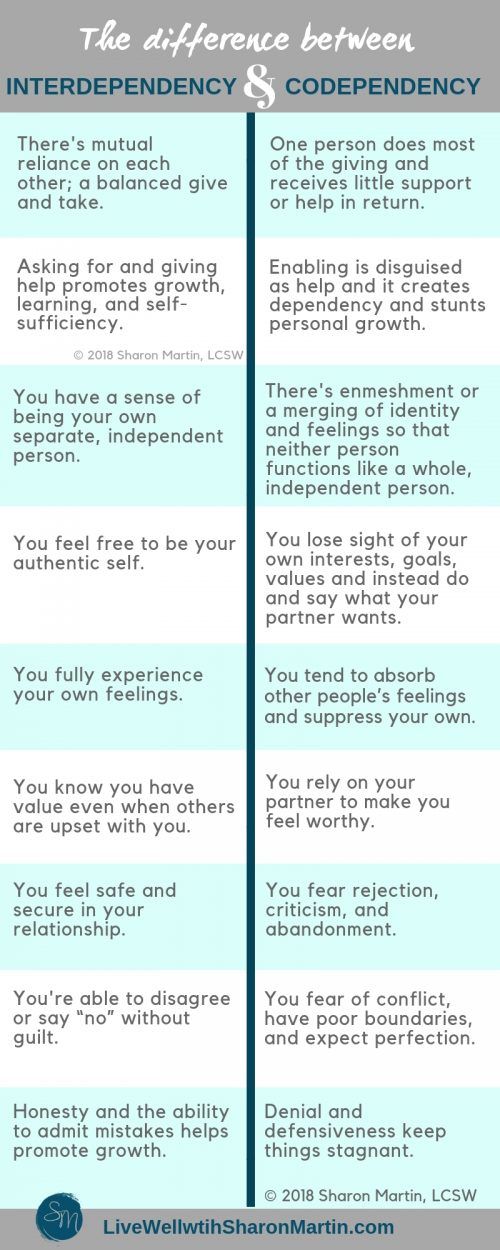 The emotions of one person are so strongly connected with the behavior of another that he can no longer control himself, his feelings and behavior. Absolutely everything: dreams, desires, goals, the meaning of life - is connected with the object of unhealthy "love". The latter acts as a manipulator and either consciously or subconsciously develops in the "victim" dependence on himself. How to deal with co-dependent relationships, psychologist Alexander Shakhov told.
The emotions of one person are so strongly connected with the behavior of another that he can no longer control himself, his feelings and behavior. Absolutely everything: dreams, desires, goals, the meaning of life - is connected with the object of unhealthy "love". The latter acts as a manipulator and either consciously or subconsciously develops in the "victim" dependence on himself. How to deal with co-dependent relationships, psychologist Alexander Shakhov told.
Website editor
Tags:
Family
Relationship
Love
Psychology
Marriage and relationships
Shutterstock
True intimacy between partners is a reflection of strong and equal alliances. But sometimes it goes so far that the emotions and desires of a loved one become much more important than their own, and self-esteem begins to depend on his approval.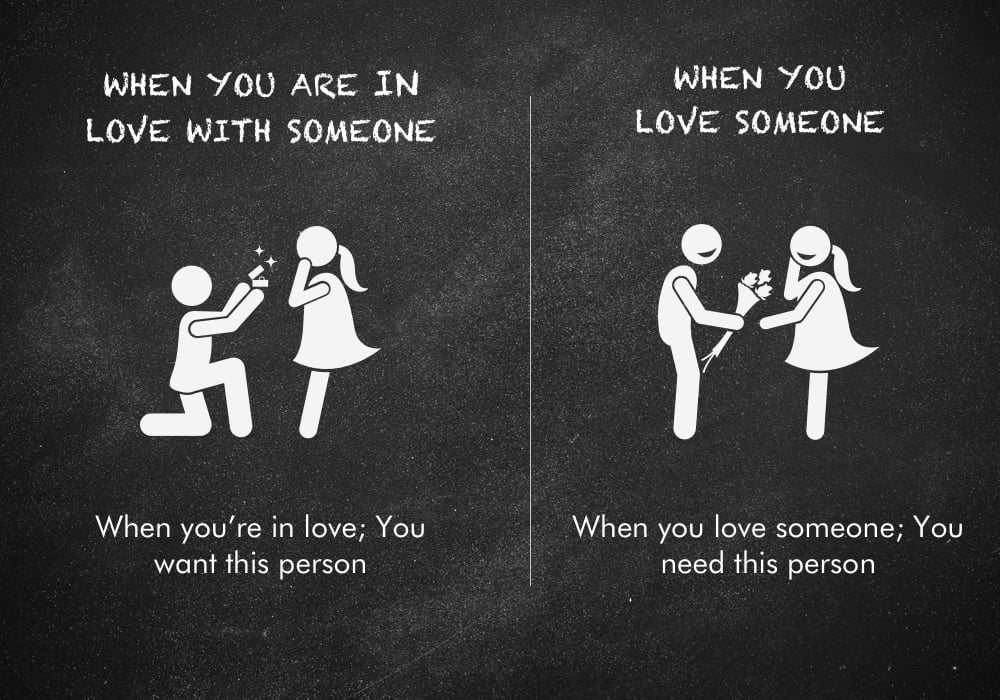 This pathological need for another person creates a co-dependent relationship between a man and a woman.
This pathological need for another person creates a co-dependent relationship between a man and a woman.
What is a co-dependent relationship
It is possible to distinguish kinship and unity of souls from dependence. In psychology, co-dependent relationships are a number of signs that describe the destructive relationship between two people. Boundaries are broken between them, financial or emotional submission appears. One has a desire to bind the other to himself, and he obeys. Fear and need for such a union crowd out love and abundance.
Co-dependent relationships with a man who suffers from alcoholism, drug addiction, excessive gambling or computer games are characterized in the same way. In some cases, extreme sports, shopping, and so on. Controlling other people's actions and behavior, an addicted person experiences painful experiences, understands that he feels bad in these relationships. But the preoccupation with the life of a partner allows him to regulate his condition, to remain within the usual framework.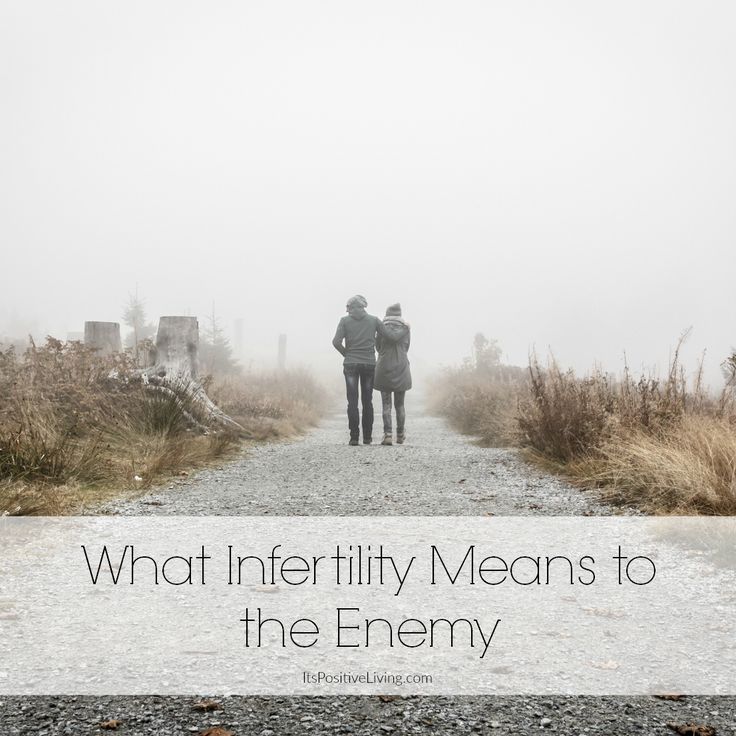
ADVERTISING - CONTINUED BELOW
Initially, the term arose on the foreign psychotherapeutic horizon to describe certain individuals. Their lifestyle was disrupted as a result of being involved in a relationship with someone who was chemically addicted. These people were seen as individuals who had developed unhealthy ways of coping with life's difficulties as a reaction to the abuse of various chemicals by another person. A prime example of such families was a codependent relationship with an alcoholic. Returning to their relatives after therapy and rehabilitation, these persons began to drink again. The study of the relationship between the addict and close relatives helped to reveal the phenomenon of codependence, which became an involuntary support in the use of alcohol or drugs.
In the article we will talk about co-dependent relationships, in which one or both partners suffer from inappropriately strong attachment to each other. Even if one revels in his power, and the second is in voluntary "slavery", and both try to move away from the outside world, these relations need to be sorted out.
Even if one revels in his power, and the second is in voluntary "slavery", and both try to move away from the outside world, these relations need to be sorted out.
How to recognize dependent relationships
The difficulty of being a “victim” is that she is unable to see the trap she is in. Usually from the outside, this situation is clear to everyone, but even if someone tries to open her eyes, the manipulator interprets words and actions in his favor. To recognize a co-dependent relationship, you need to make a lot of efforts and find the listed signs in yourself, several or at least one.
Constant emotional pain
Usually, if something hurts us, we tend to avoid it. When communication with a person makes us suffer, we reduce contact with him to a minimum. But when you can’t distance yourself for psychological reasons (“he won’t let me go”, “I’m afraid to hurt him”, “I’m afraid to be without him”), co-dependent relationships develop in the family. Most likely, we are talking about a relationship with a manipulator. Bad with him, scary without him.
Most likely, we are talking about a relationship with a manipulator. Bad with him, scary without him.
Absorption of thoughts
You can constantly replay in your mind various situations, dialogues related to this person, try to find a way out of controversial situations. But you won’t be able to do this, emotional dependence on him will prevent it. Stop thinking about him, too, will not work, and the result will be a feeling of despair and hopelessness.
Losing yourself
Interacting with the manipulator, you will inevitably begin to lose contact with yourself, self-esteem will begin to fall, you will no longer understand who you are and what you want from this life. Where psychological addiction is born, emotions rule, not common sense.
The dominance of emotions of the negative spectrum
These can be anxiety, sadness, despair, melancholy, sadness, hopelessness, jealousy. With co-dependence, joy, happiness, delight, relief, tenderness, pride and other positive emotions are much less likely to be felt.
With co-dependence, joy, happiness, delight, relief, tenderness, pride and other positive emotions are much less likely to be felt.
100% correctness of the manipulator
He will always find the last one, he will always come up with an excuse for any of his actions, and he will do it faster than you can accuse him of something. He will show neither remorse nor confusion, even if he is caught red-handed. From resentment and awareness of the injustice of the situation, you will want to look for a way out of co-dependent relationships, but this can be difficult to do.
Regular provocations
It is normal for a manipulator to provoke an emotion and then blame you for experiencing it. For example, flirt with someone in front of you, and then make fun of your jealousy. Ignore for several days in a row, then to be convicted of importunity. And no matter how easy-going your nature really is, a manipulator will make you feel like an unbearable person. Such love addiction causes pain and suffering to a person.
Such love addiction causes pain and suffering to a person.
Unsuccessful attempts to earn approval
If you constantly try to adapt to a person, adjust your behavior, appearance, even the place of study, work and circle of friends, and he still remains dissatisfied, you probably contacted a manipulator. These relationships are not just dependent, but also co-dependent, because he needs you to realize his personal dictatorial ambitions.
Social isolation
It is easier for an object of psychological addiction if his "victim" communicates with fewer people who can tell him the truth. Communication with relatives, colleagues, friends, friends is becoming less and less common, hobbies are forgotten, and free time is spent under the supervision of a manipulator.
Cyclicity of emotions
You almost certainly ended up in a dependent love relationship if your feeling of despair and hopelessness is regularly replaced by bouts of crazy love and obsession towards a person.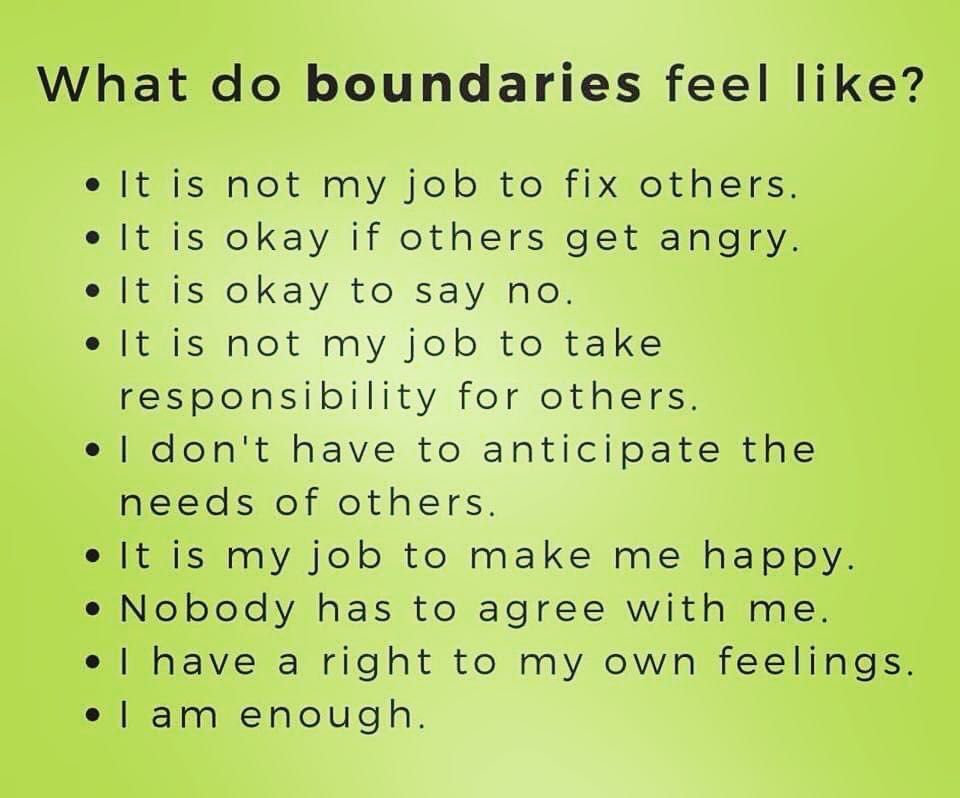
Irrational hopes for the best
This is especially noticeable if the "victim" is in a codependent relationship with an alcoholic, drug addict or game addict. She is convinced that the object of her "love" will change, that after another drinking bout he will stop drinking once and for all. To this may be added hopes for external circumstances, for example, for changes after moving to another city.
Consequences of a co-dependent relationship with a man
A manipulator is a predator that feeds on others. He seeks out the victim, attacks and sucks resources out of her: emotional, financial, temporary, and others - and then throws them away. Co-dependent relationships with a man inevitably lead to negative consequences.
Lost time
Relations with a manipulator are obviously doomed. Even a few months spent on them is an irreparable loss.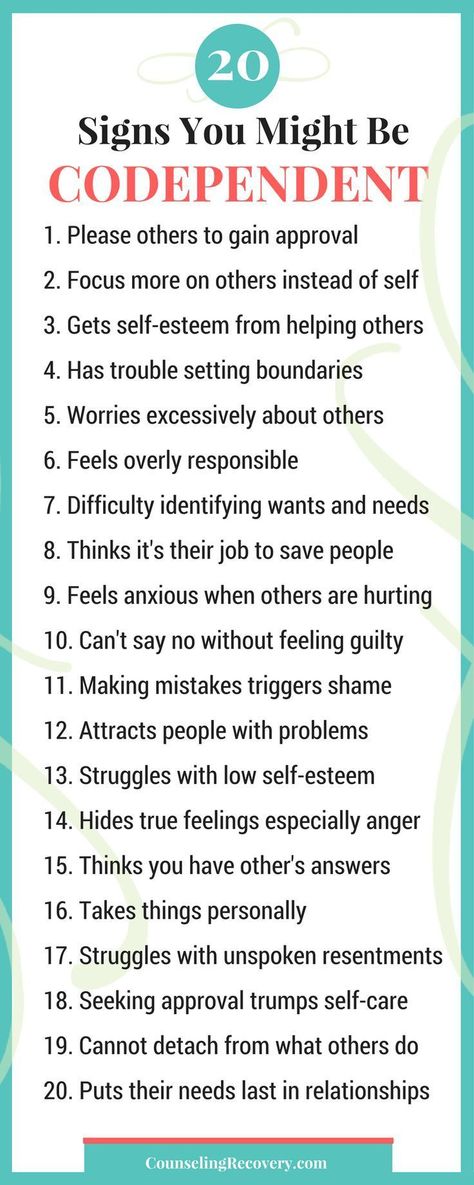 But it is not uncommon for cases when the count goes on for years and even decades that co-dependent relationships with a husband last.
But it is not uncommon for cases when the count goes on for years and even decades that co-dependent relationships with a husband last.
Emotional burnout
At first, the “victim” can endure all the features of the relationship with the manipulator, but sooner or later the brightness of her emotions will begin to decrease. Over time, love addiction will lead her to a state of complete indifference or even deep depression.
Psychological instability
One of the dirtiest tricks that manipulators use is to create a constant sense of uncertainty. They behave inconsistently: today they give compliments, tomorrow they accuse them of all mortal sins, and there are no good reasons for this, no logic can be found in these changes. Therefore, the “victim” of co-dependent relationships is constantly in limbo, doubting his every step. All this can lead to real mental illness.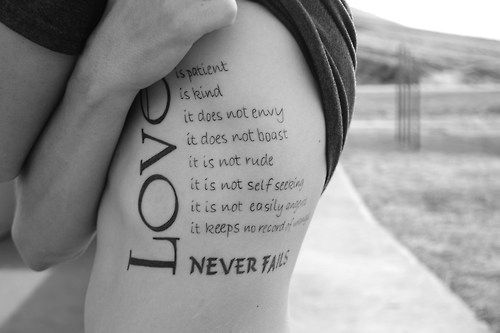
Health problems
Codependency is often accompanied by nervous exhaustion. And it, in turn, often provokes psychosomatic disorders. These can be diseases of the genitourinary, cardiovascular systems, gastrointestinal tract. According to WHO, 49% of all diseases diagnosed in the world today are of a psychosomatic nature.
Destroyed self-esteem
It is difficult for a manipulator to control a person who is self-confident. And he gradually, methodically, brick by brick, sorts out his self-esteem, until only ruins remain of it. And recovery, even after leaving a co-dependent relationship with a guy, will take a lot of time and effort.
Distrust of other people
Having been a “victim” of a manipulator, it is very difficult to believe again that there are other people. That there are other relationships in which love, care and support rule, and not psychological or any other dependence.
How to get out of a codependent relationship with a man
The best tactic for those who find themselves in a dependent relationship is to break it once and for all. But there is not always an opportunity to do this, especially if they are established between parents and children.
When communication with the manipulator continues, two key principles will help protect yourself and your personal boundaries: It is not enough for him to say something once - he needs to say dozens and perhaps even hundreds of times. You must not miss a single occasion when he tried to violate your boundaries. You can repeat the same thing, the main thing is to do it constantly. Over time, the manipulator will get tired of this and will look for easier prey.
 In this state, it is easier to make mistakes. You need to maintain a calm, even, measured pace of speech, monotonously and tediously say your “no” in response to any attempts to push your boundaries. It doesn’t matter if the manipulator operates with guilt or raises his voice at you, keeping calm, you are fighting for yourself, your freedom and your life.
In this state, it is easier to make mistakes. You need to maintain a calm, even, measured pace of speech, monotonously and tediously say your “no” in response to any attempts to push your boundaries. It doesn’t matter if the manipulator operates with guilt or raises his voice at you, keeping calm, you are fighting for yourself, your freedom and your life. If you still decide to leave a dependent relationship, be prepared for the fact that the manipulator will try to keep you at any cost. He will become kind and accommodating, will stop demanding something, will fulfill any whims. But this will last exactly until he realizes that you have not got out of his networks. We will give some recommendations on how to get out of a codependent relationship with a man.
- Answer simple questions: “What do I feel?”, “What are my boundaries?”, “What is happening to me”, “Do I want to be where I am now?” and so on. Be honest with yourself, try to focus on your desires, interests, hobbies, communication with friends, break out into a diverse and exciting world.
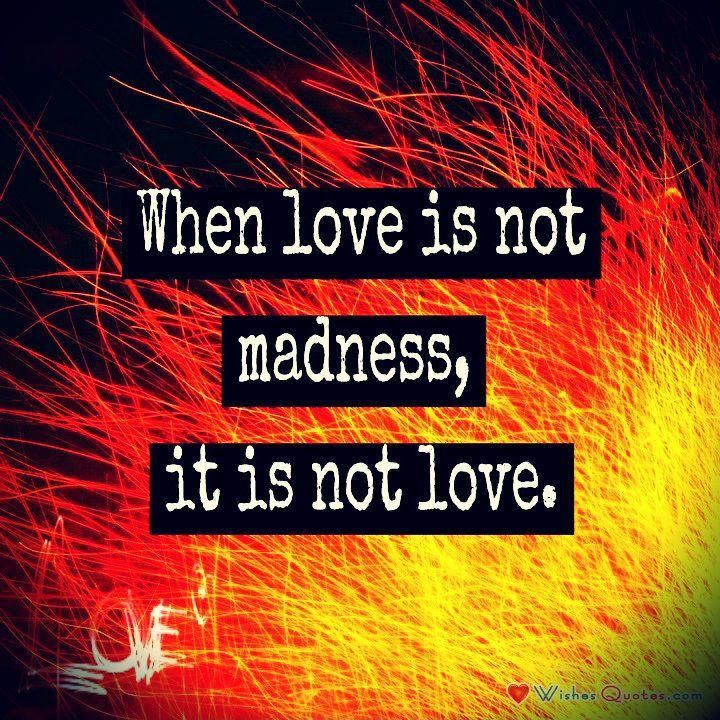 Don't be afraid to be alone, without a man, look at yourself and stay with yourself.
Don't be afraid to be alone, without a man, look at yourself and stay with yourself. - Keep a diary where you will write about co-dependent relationships, how you see them, what emotions cause certain situations associated with a partner. Describe in detail how you felt after another wave of pressure. These notes will be useful for studying your "I" and communicating with a psychologist.
- Recognize the existence of a problem and take steps to solve it with the help of a specialist - an indicator of intelligence and mental strength. Elena Emelyanova writes about this in her book "The Crisis in Co-Dependent Relationships". Infinitely saving someone, a person loses emotional control over his life. That is what needs to be returned.
- It is important to get away from mythological thinking and return to reality, to recognize that the environment does not bring happiness, that it is abnormal. Yes, reality will turn out to be harsh, it will not be easy to accept it, but this is a step towards healthy relationships and returning to yourself.
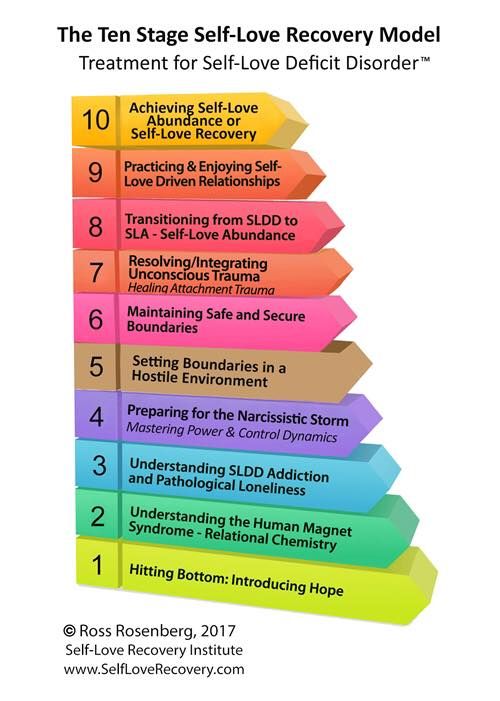 You need to take responsibility, become the author of your own life.
You need to take responsibility, become the author of your own life. - Return to childhood traumas, work through unfinished stories from the past that suppress the addict. Often, codependency begins with similar relationships with parents, the “victim” tries to make up for the lack of love or projects the experience gained in childhood into his personal life. You need to look at all these moments from the perspective of an adult and forgive your relatives.
Leave, no matter how hard it is. Go forward, into the future, to those relationships in which you will be truly loved and appreciated. If there is a desire to change co-dependent relationships and maintain an alliance with a partner, one should not neglect the help of a family psychologist.
Photo: Keira Burton, Cottonbro: Pexels
Codependency or love - psychologist explained the difference
From the first words of my new client Polina, it became clear that the girl is in a codependent relationship. This mixture of despair, fear and at the same time obsession cannot be confused with anything. For several days, the girl practically did not sleep, waiting for her man to call. She scoured all his social networks, tracked on messengers when he was online, wanted to hire a hacker to hack into the account and find out who else he was dating. The relationship was long and confusing. The couple broke up, then got back together. Friends said that Polina was losing herself and dissolving in a relationship, but the girl repeated, as if hypnotized, that this was true love. When Polya came to me and told me her story, I asked her to draw a circle of relationships and break it down into different feelings in order to analyze what emotions make up the so-called love.
This mixture of despair, fear and at the same time obsession cannot be confused with anything. For several days, the girl practically did not sleep, waiting for her man to call. She scoured all his social networks, tracked on messengers when he was online, wanted to hire a hacker to hack into the account and find out who else he was dating. The relationship was long and confusing. The couple broke up, then got back together. Friends said that Polina was losing herself and dissolving in a relationship, but the girl repeated, as if hypnotized, that this was true love. When Polya came to me and told me her story, I asked her to draw a circle of relationships and break it down into different feelings in order to analyze what emotions make up the so-called love.
It turned out that love for Polina is a mix of different manifestations of codependent attachment: rejection, control, sacrifice, merging, fear of loneliness. From this followed her dependence and constant torment when her partner moved away.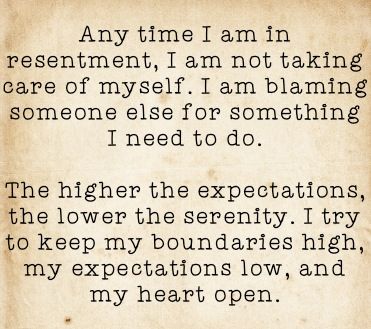 And the inability to both get out of these relationships and continue them, because the girl's resources were practically at zero and everything was going to nervous exhaustion.
And the inability to both get out of these relationships and continue them, because the girl's resources were practically at zero and everything was going to nervous exhaustion.
Yes, these two types of relationship can be confused. Codependent attachment is perfectly disguised as love. But the similarity is only superficial. In terms of content, these are different states. And they lead to the opposite results. If love is for inner freedom, confidence and mutual development, then attachment is for isolation, fears and clinging to a partner.
What is the difference between love and codependency?
There are many signs of a co-dependent relationship, but we will analyze 5 key ones:
- Ready for anything. Addicts agree with their partner on everything from political views to dinner menus. For addicts, the thought of separation is terrible, which turns them into a pale shadow of another, depriving them of their individuality.
- Helplessness. Addicts are always looking for strong and even tyrannical partners, subconsciously wanting to shift responsibility for themselves to a partner.
 A classic example is girls who, after marriage, give up their hobbies and work, devoting themselves to their husband.
A classic example is girls who, after marriage, give up their hobbies and work, devoting themselves to their husband. - Bad boundaries. There is nothing “too much” for a dependent partner. If a person in a normal relationship always sets reasonable boundaries that he does not allow to be violated, then his “half” can do anything with the dependent. It is no coincidence that long-term beatings and insults in the family are stories about co-dependent partners.
- Jealousy and control. Dependent partners usually suffer from low self-esteem and feel threatened by competition even from family and friends, being jealous of literally everyone. From this follows the fourth sign of such a relationship - overcontrol. Hundreds of messages and calls a day asking "Where are you?" and what are you doing?" is a clear sign that the relationship is on a shaky foundation of addiction.
- Thirst for change. Constant annoying complaints that the partner is not trying hard enough or doing little is also a sign of codependency.
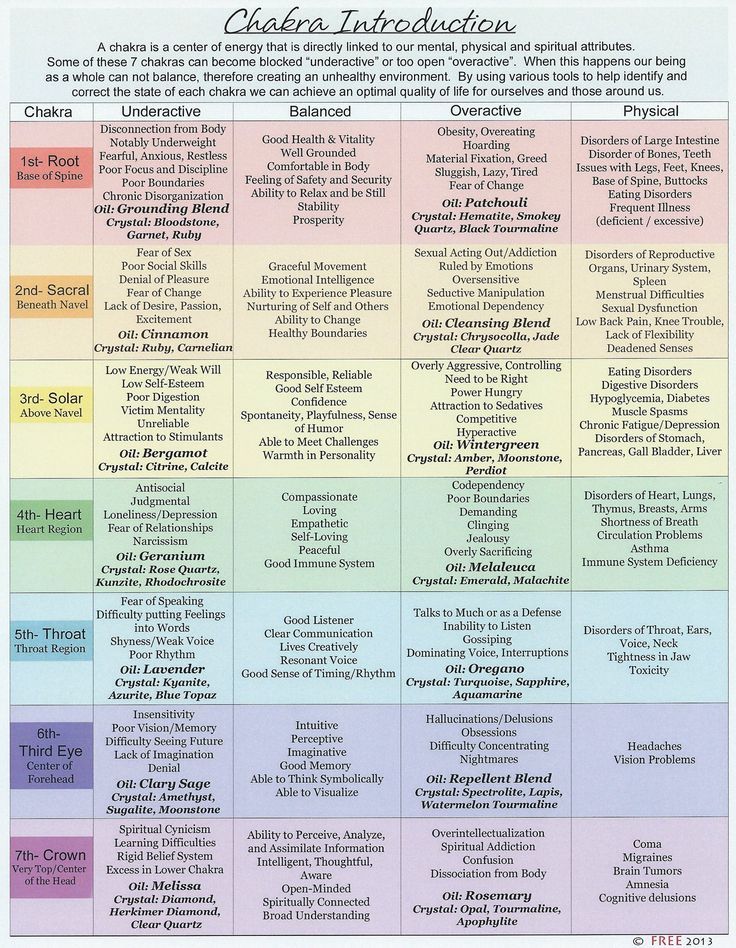 An emotionally mature person is able to perceive the other as he is. And addicts see in a partner not a separate person, but a background for their projections and illusions.
An emotionally mature person is able to perceive the other as he is. And addicts see in a partner not a separate person, but a background for their projections and illusions.
Love
Love is a relationship between two mature people who are fine together, but also fine separately. In love, we are altruists. We rejoice in the successes and achievements of our partner. We support him as he explores new horizons. In affection, we are jealous of everything new and try to close a loved one in our little world. In love, we trust and are not afraid of breaking the connection. We can move away from or get closer to a partner, realizing that the connection is strong. In attachment, there is often a place for anxiety - we are afraid that the partner will leave us. In love, a person experiences the unity of souls. No wonder this feeling is compared with finding the second half. In attachment, even if the partner is constantly nearby, there is longing and a feeling of loneliness together.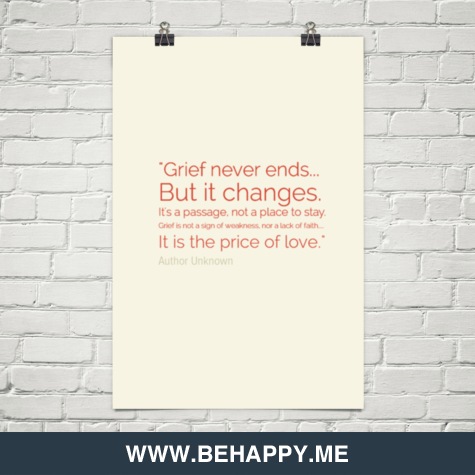 Attachment is an attempt to hide from the outside world in merging with the same lonely person.
Attachment is an attempt to hide from the outside world in merging with the same lonely person.
Co-dependent relationships
But co-dependent relationships mean growing into each other when a separate person ceases to exist. And such relationships are encouraged by our culture, where the ideal is dissolution in another. But focusing on the personality of another, and not on oneself, brings a lot of suffering and pain. The love of a codependent person is always conditional! It is mixed with fear, jealousy, manipulation, control, claims, reproaches from unjustified expectations.
There is no trust in such relationships. Without it, the person becomes suspicious, anxious and full of fear, while the other feels emotionally trapped, it seems to him that he is not allowed to breathe freely. Everyone alternately eats jealousy, fear of loneliness, low self-esteem and dislike for themselves.
The codependent forgets about himself, stops taking care of himself and thinking about his needs outside of the dependent relationship.
